Brave New World
Aldous Huxley’s Brave New World is a dystopian masterpiece that continues to resonate with unsettling relevance. Set in a future where societal stability is achieved through genetic engineering, conditioning, and consumerism, Huxley paints a chilling portrait of a world devoid of individuality, freedom, and human connection.
The novel introduces a society divided into strict castes, each engineered for specific roles. Happiness is a manufactured commodity, dispensed through drugs and mindless entertainment. Huxley’s exploration of a world without pain, conflict, or ambition is both fascinating and terrifying. The juxtaposition of this utopian facade with the underlying emptiness of its citizens creates a haunting critique of materialism and superficiality.
The character of John, the “Savage,” provides a stark contrast to this hyper-controlled world. Raised in a reservation outside the civilized world, he embodies the values of individuality, passion, and spirituality. His introduction to the World State serves as a powerful indictment of a society that has sacrificed these fundamental human qualities for stability.
While the novel’s scientific and social predictions may not have materialized exactly as Huxley envisioned, its core themes remain profoundly relevant. The novel serves as a cautionary tale about the dangers of unchecked technological advancement, the erosion of privacy, and the potential consequences of a society obsessed with pleasure and conformity.
Brave New World is a thought-provoking exploration of humanity’s potential future. It is a book that challenges readers to question the values of their own society and to consider the price of progress. Huxley’s prescient vision of a world without soul is a stark reminder of the importance of preserving individuality, critical thinking, and the human spirit.
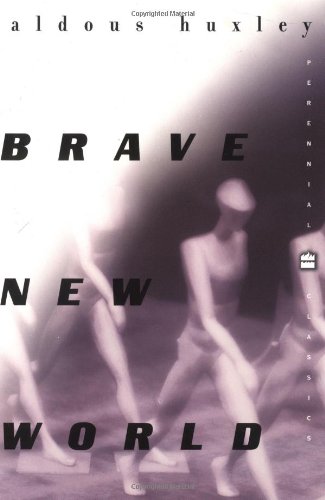
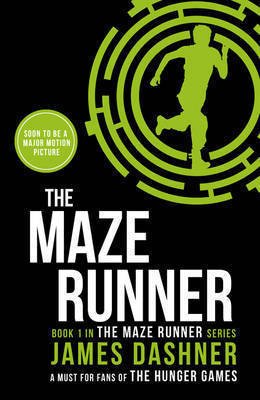
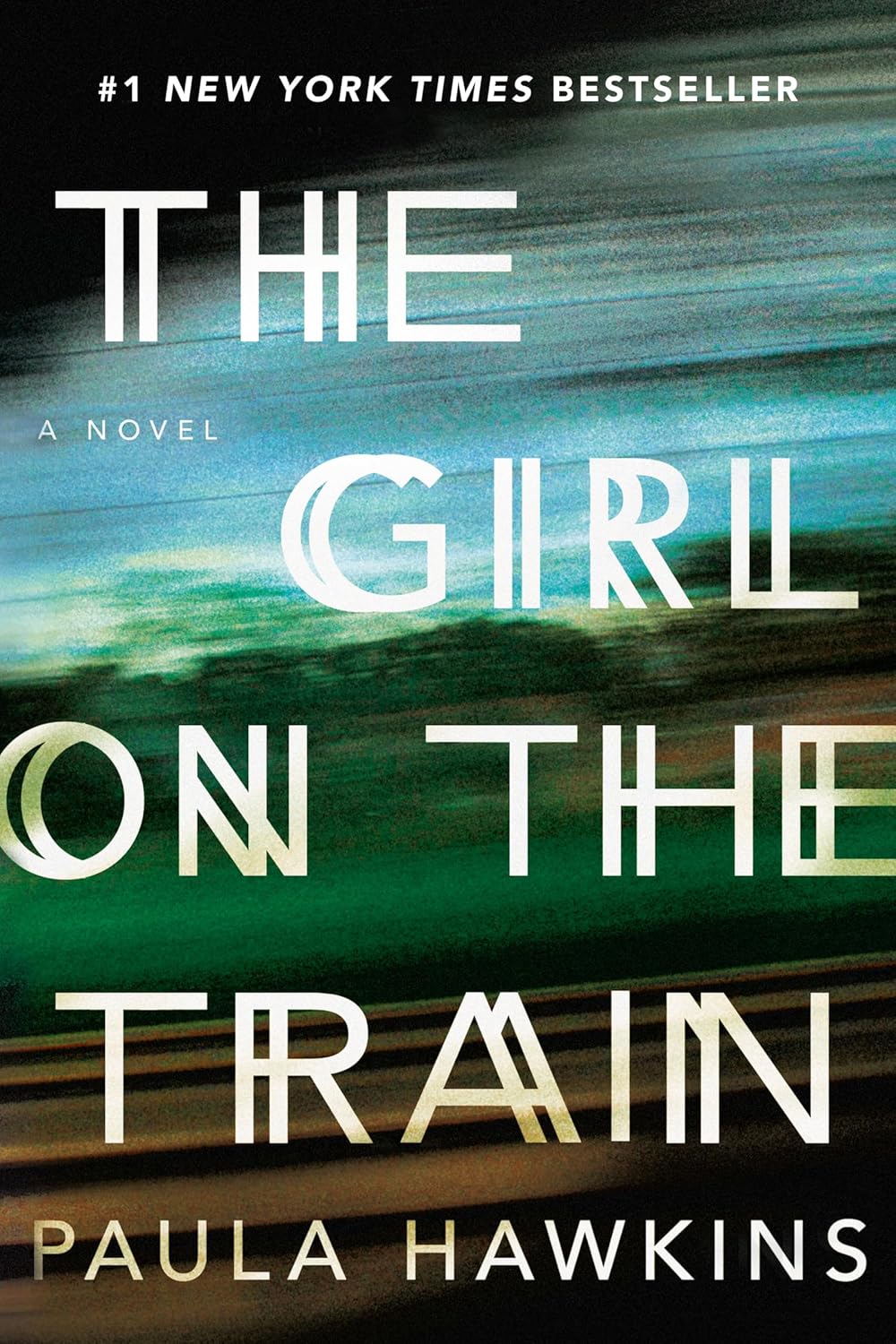
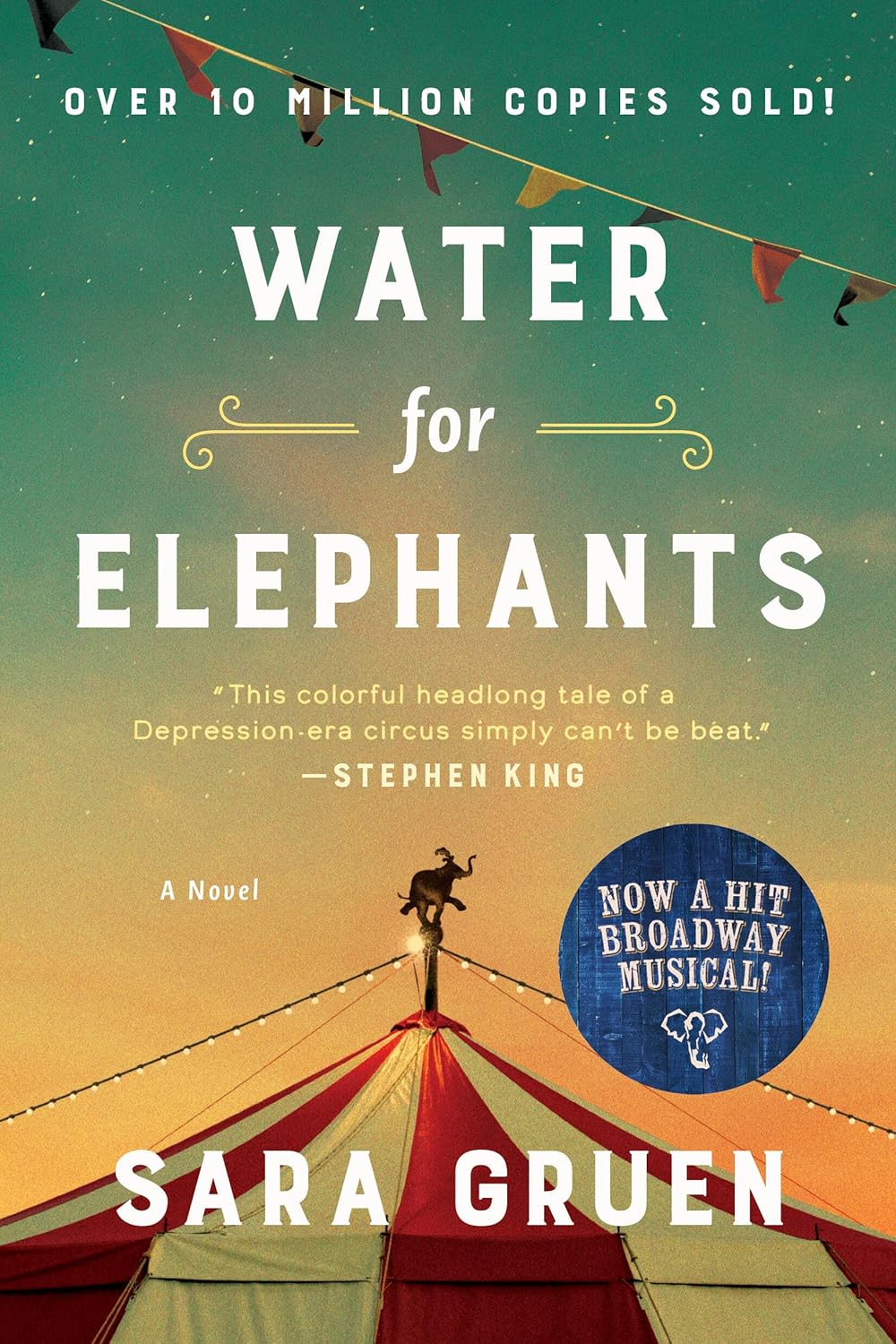
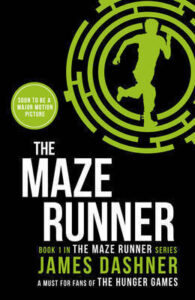
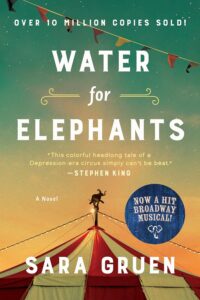
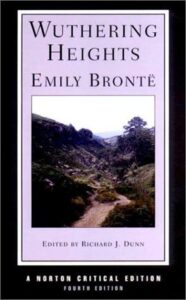
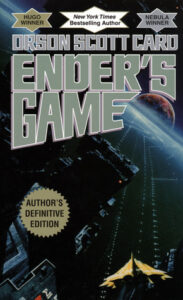
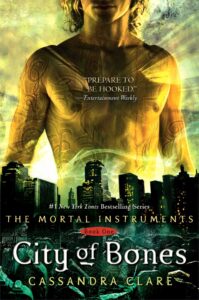
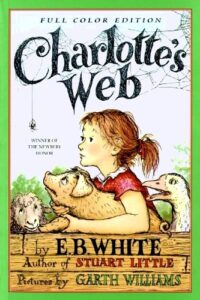
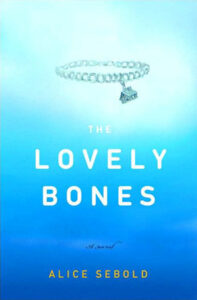


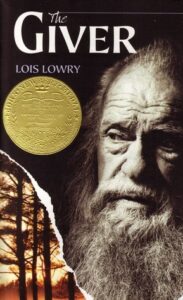
Post Comment